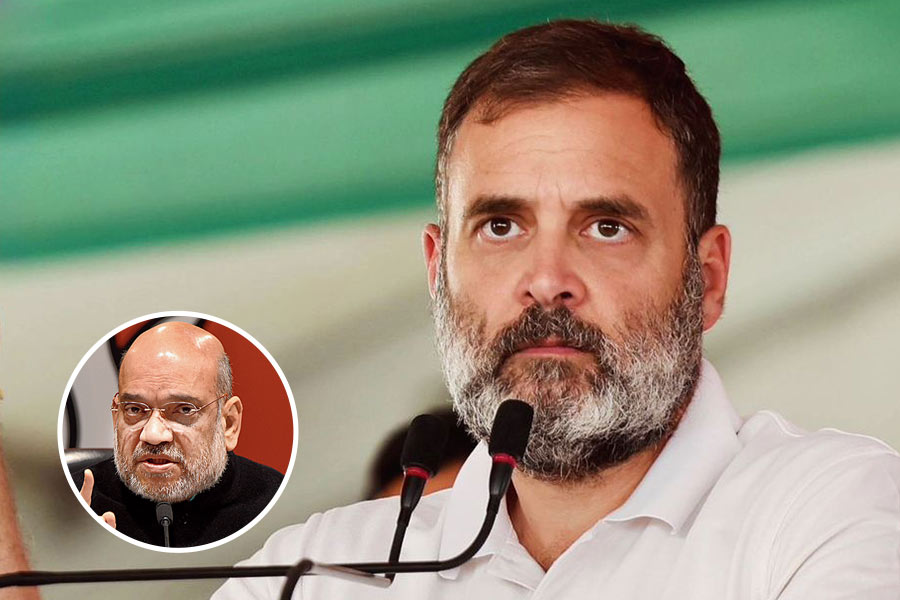Finance minister Nirmala Sitharaman is expected to meet the heads of public sector banks on Thursday and review the financial performance of as many as 12 lenders. She will review the credit growth, asset quality, capital requirement and overall profitability of the banks.
Besides this, she will take feedback on various schemes, including the Kisan Credit Card, Stand-Up India, the Pradhan Mantri Mudra Yojana and the emergency credit line guarantee scheme (ECLGS), which is for businesses impacted by Covid-19.
This will be the first review meeting after the 2022-23 financial results of the banks.
In the last fiscal, the PSU banks together posted a record profit of Rs 1.04 lakh crore, with market leader State Bank of India accounting for nearly half of the total earnings. They had reported a total net loss of Rs 85,390 crore in 2017-18.
The heads of the banks will apprise the finance minister about their performance during the first quarter of the current financial year.
According to the sources, the finance minister is likely to impress upon bankers to focus on the areas highlighted by the budget, including the credit flow to the productive sectors.
According to the latest Financial Stability Report (FSR), the gross non-performing assets (GNPAs) ratio for banks fell further to a 10-year low of 3.9 per cent as of March 2023. The central bank said the GNPAs are expected to improve further to 3.6 per cent in the baseline scenario.
Last week, the finance minister said banks need to “build on laurels” by following the best corporate governance principles.
“Banks should not sit back and revel in their success. They should follow best corporate governance practices, adhere to regulatory norms, ensure prudent liquidity management, and continue to focus on having robust asset-liability and risk management,” she said.
She stressed that the Indian economy has moved away from the “twin balance sheet problem” to “twin balance sheet advantage”.










